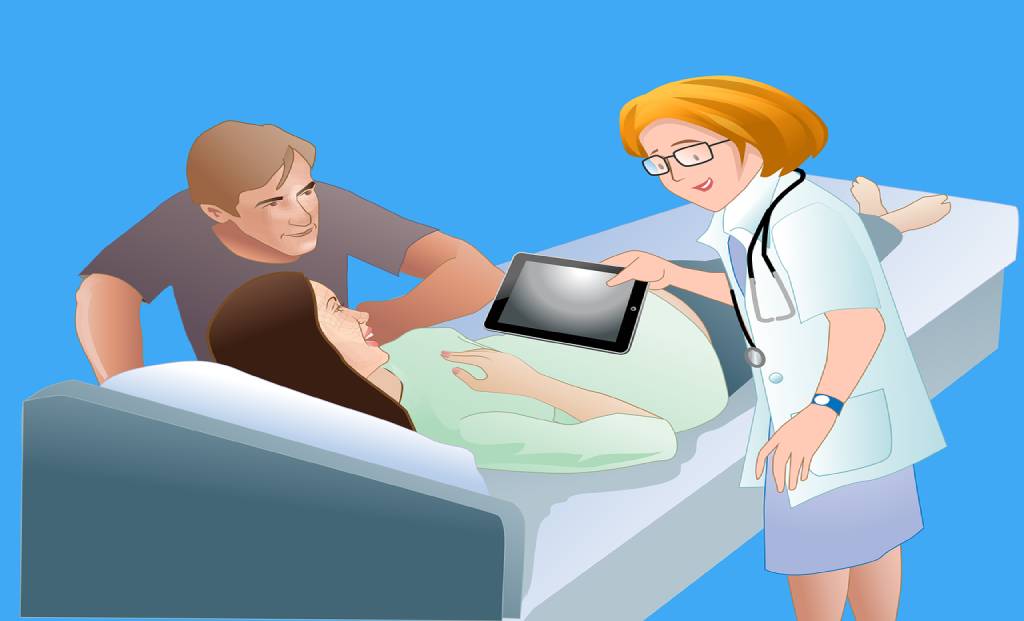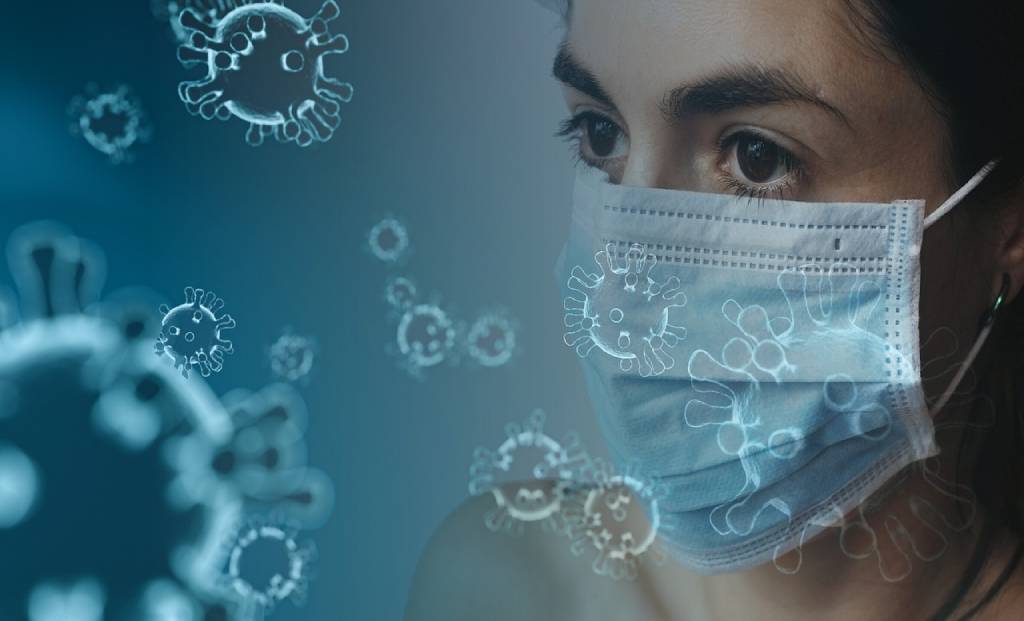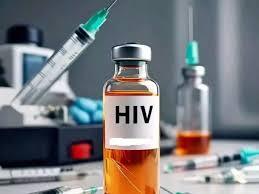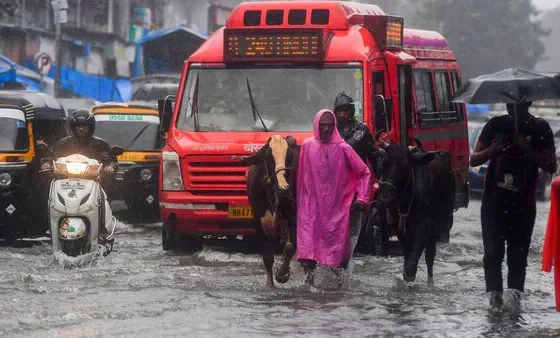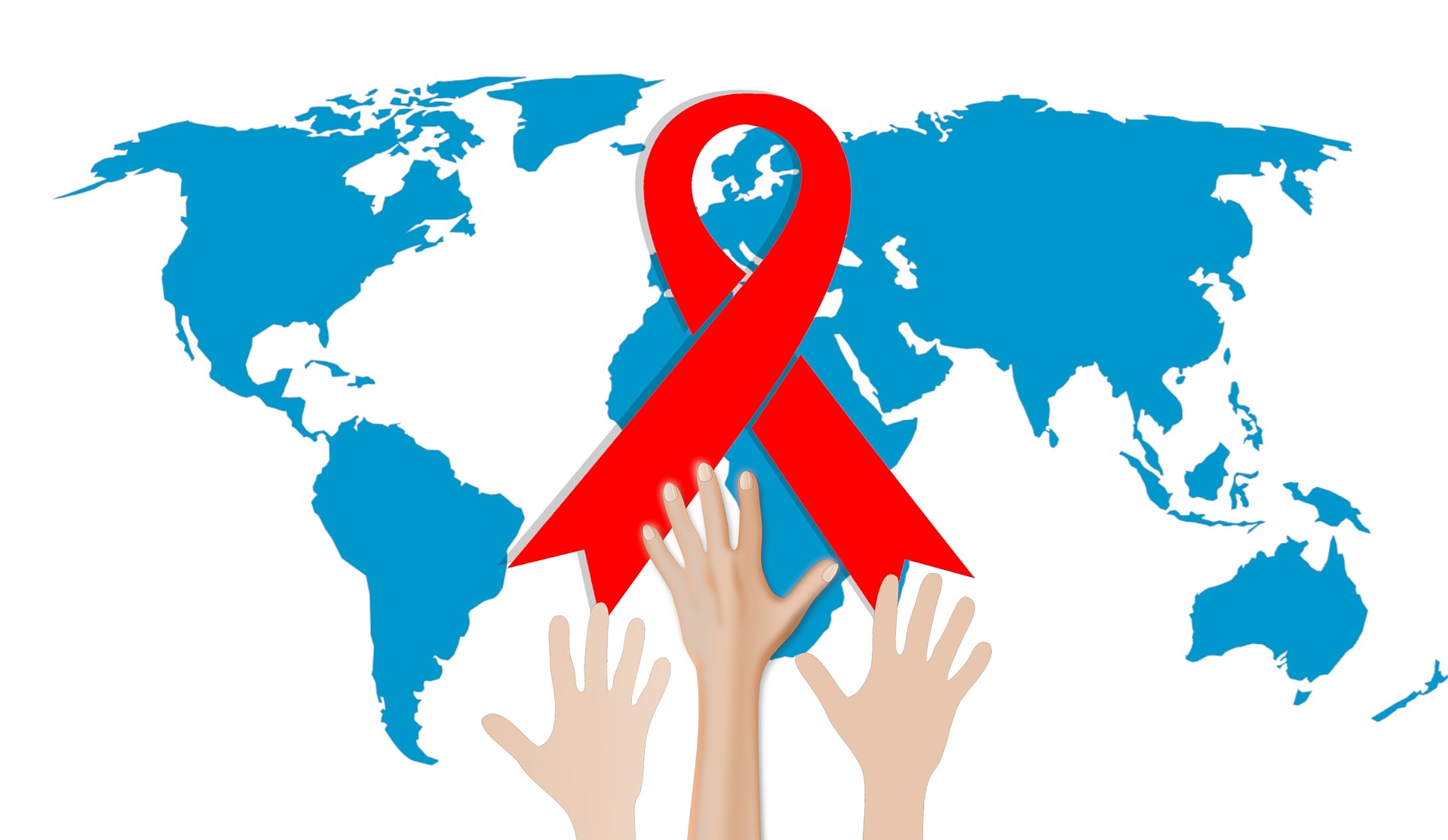Transition Care is becoming more important than ever before considering the coronavirus pandemic. It refers to bridging the gap of health care of patients when they are transferred to their homes from the hospital. In situations where patients need critical care or post-operative care, they are left with only two options, either to remain admitted in a hospital or to set up a hospital-like facility at home. Both these options are very expensive for patients.
“Transient Transitional Care Planning is a patient-centered, interdisciplinary process that begins with an initial assessment of the patient’s potential needs at the time of admission and continues throughout the patient’s stay. And services are provided to a patient with medical and psychosocial problems requiring moderate or high-complexity medical decision making. During the Transient Transitional Care, medical staff must have PPE kit, mask, and gloves,” said Rahul Tyagi – director operations, Porvoo Transition Care.
According to Tyagi, Transition Care plays important because they are affordable. This is extremely important for those who require long-term care. The best thing is that they are also ready to take Omicron patients.
“We are fully prepared to take Omicron patents. Our team of doctors and nurses will assess the patient and a customized care plan will be provided to patients according to their vitals and investigations. After setting a care plan nurses will start following it on daily basis. Our team is completely focused on patient recovery. As transition care cost-effective ways are implemented without compromising patient care,” he added.
How dangerous Omicron variant is?
Every variety is unique. The Omicron variant has a huge number of mutations, which could suggest that it behaves differently than other circulating variants. Studies are being conducted to see if the virus’s ability to spread or the severity of the disease it causes has changed and if this has had an impact on protective measures.
It will likely take some years before clear evidence is available to identify whether Omicron transmission differs from other variants, how the variant reacts to current therapies, or whether infection or re-infection with Omicron produces more or less severe disease.
The Delta form is currently the most common in the world, and COVID-19 vaccines are highly effective at preventing you from serious disease and death, including from Delta infection. It’s worth noting that the immunizations offer varying degrees of protection against infection, mild disease, severe disease, hospitalisation, and death.
There is no such thing as a 100% effective vaccine. Despite the fact that COVID-19 immunizations are extremely efficient at preventing you from serious disease and death, some people will still become ill after receiving the vaccine.
You could also spread the infection to people who haven’t been vaccinated. As a result, even after you’ve been fully vaccinated, it’s critical to continue to take precautions.

